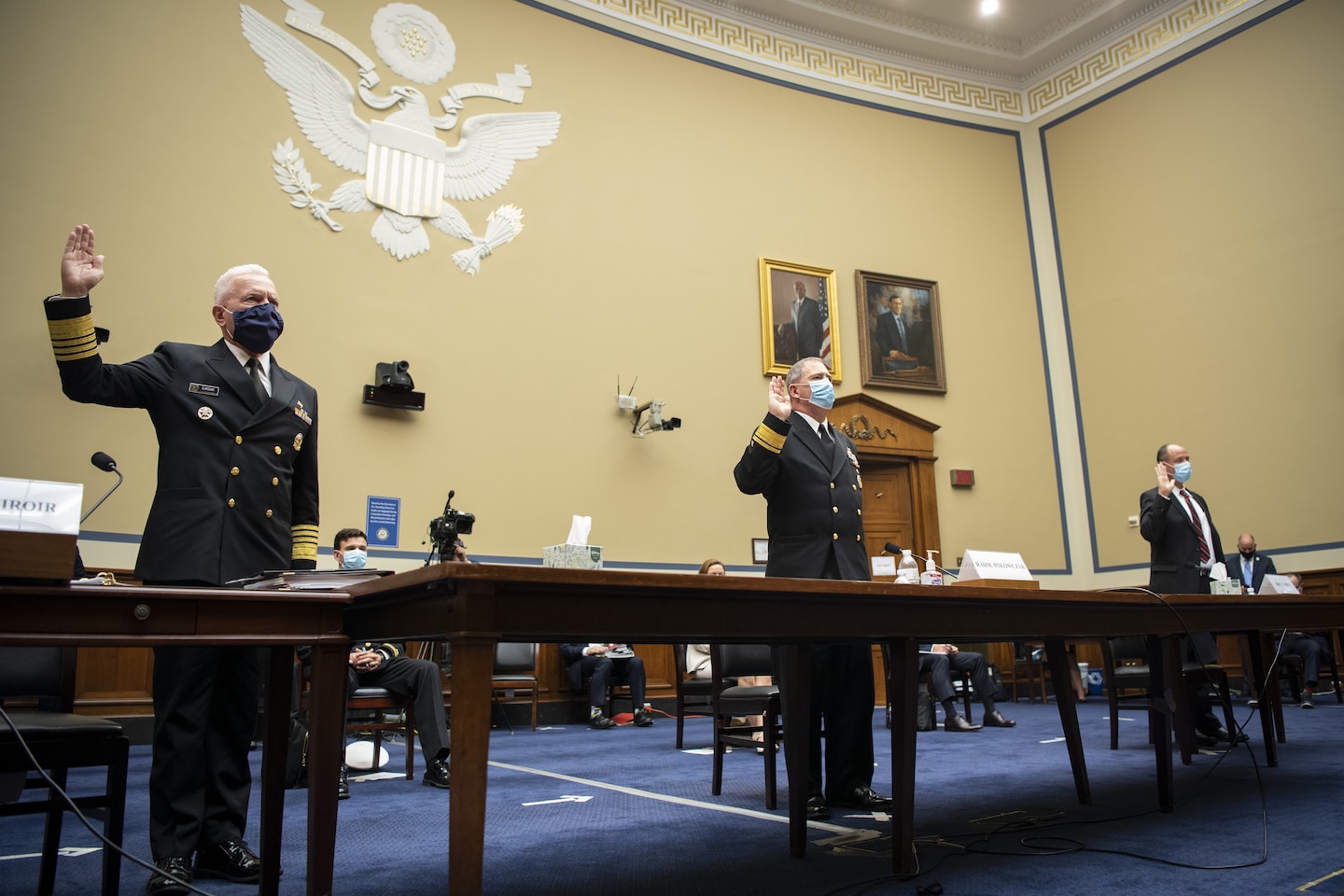We need a covid-19 reset. So we developed a comprehensive plan to do just that.

That feeling is widely shared across the medical community. The organization I lead, the Association of American Medical Colleges, consists of medical schools, teaching hospitals and research-oriented organizations on the front lines of the pandemic in every way: caring for patients, conducting testing for the virus, developing effective treatment protocols and researching possible vaccines. Drawing on their hard-earned experience, the AAMC is introducing a road map to reset the nation’s approach.
We don’t claim to have all the answers. But our road map points in a new direction — toward an end to this pandemic and, ultimately, toward a healthier future for all. To meet the challenge, we have identified a set of actions that, if implemented, will get our nation on the right track.
First, the United States must remedy the persistent shortages in critical supplies and medications.
Everything from swabs to disposable pipette tips — which are used to process covid-19 tests — to basic chemicals to personal protective equipment (PPE) are in desperately short supply.
The federal government, using the Defense Production Act or other powers, should issue new and larger contracts to manufacturers that can immediately increase production of key supplies.
We need to set and meet clear national targets: Health-care institutions should be able to maintain a three-day supply on premises, a 14-day supply within a two-to-three-hour drive of the facility and a 30-day supply warehoused within the region. These are not arbitrary numbers: They are based on recorded “burn rates” of supplies. In addition, the nation should have a 30-day stockpile of crucial supplies and equipment that can be distributed according to need.
Second, we need to swiftly and dramatically increase the availability of testing.
It is not an exaggeration to say that none of the American people’s other goals — from sending our children back to schools, where they can fully focus on learning, to restarting our businesses and putting the millions of unemployed Americans back to work — can be achieved until testing is available everywhere at any time.
We recommend that the United States set a goal of conducting 2.3 million tests per day — a number based on the latest positivity rates. Turnaround times, a major problem today, can be reduced by eliminating supply shortages and coordination problems, as well as through point-of-care antigen testing and more use of academic medical center labs. We also need national standards for face-covering.
The White House Coronavirus Task Force should work with the Department of Health and Human Services, the Federal Emergency Management Agency and state health departments to create a robust, central Web portal that allows shortages in testing supplies to be quickly reported and remedied. The government should also take a more active role in managing the supply chain so fewer shortages arise.
These two areas are preconditions of progress on every other front. They must be implemented right away. The lives of our family members, our neighbors, our fellow citizens depend on it.
There are other steps the United States should take as quickly as possible, including fundamental alterations in our health-care system. These include a much more serious effort to resolve racial inequities in health care — which are all too apparent in the disproportionate impact the pandemic is having on black Americans and low-income communities — and a more substantial investment in the Centers for Disease Control and Prevention and state and local health departments, which have been underfunded for decades.
It is also clear that too many Americans rely on their employers as their source of health insurance. When they lose their jobs, as so many have, they lose their coverage, making them doubly vulnerable at the worst possible moment.
This is a big, complex problem that will take time to address. Still, Congress could ease some of the burden right away. In addition to the relief measures that lawmakers are debating this summer, they should provide at least partial subsidies for COBRA payments for Americans who are recently out of work.
They should also increase federal support for cash-strapped states and their Medicaid programs. In this and other ways, the pandemic should serve as a wake-up call that the United States has to think anew about the chronic — and, as we see, deadly — problem of uninsured populations. Social justice and public health are mutually reinforcing.
As the recent harrowing weeks have made clear, the greater good requires putting aside our differences. The doctors, scientists and researchers I work with every day are ready to do even more to pull the nation through this terrible challenge. But to pull through, we all have to pull together. There is no other way.
Read more:






